In the modern hectic business environment, compliance projects are not just a ticking box but are necessary to ensure the integrity, reputation and long term success of your organization is safeguarded. Regardless of whether you have a small company or a major corporation, compliance projects can be used to make sure that your firm functions within the legal, ethical, and regulatory framework.
Then, what are compliance projects?
They are formal programs that are aimed at fulfilling certain industry requirements, corporate policies, and the legal provisions. They may involve anything, such as the implementation of data privacy systems (such as the GDPR compliance), better workplace safety, the accuracy of financial reporting, or the standards in cybersecurity. All projects are geared towards minimization of risk, accountability, and establishment of organizational responsibility culture.
Compliance project management process normally starts with an evaluation of the existing practices. This entails finding any loopholes or sections that the company is not performing well to the standards set by the regulations. As soon as the gaps become visible, the second thing to do is to design and execute remedial measures, i.e. new policies, staff training, or new technology systems. Lastly, organizations should monitor progress, keep records of compliance measures and conduct frequent audits to monitor compliance.
Compliance projects that are effectively implemented have much more than fines or penalties as their positive outcomes. They create credibility among clients, investors and employees. The company that will be highly compliant is considered more trustworthy and open. It also enjoys the benefit of demonstrating ethical operations and risk management.
The technology has become significant in making the compliance easy. The use of automated compliance tracking systems, real time reporting tools and digital training programs can ensure that a business is up to date on changing regulations. The combination of such tools in compliance projects can help save time, minimize human error, and react fast on emerging needs.
In conclusion, compliance projects are vital investments in a company’s future. They protect the organization from legal trouble, enhance credibility, and promote a healthy work culture based on transparency and accountability. Businesses that treat compliance as a strategic priority—not just a requirement—are better positioned to grow confidently in today’s highly regulated world.

